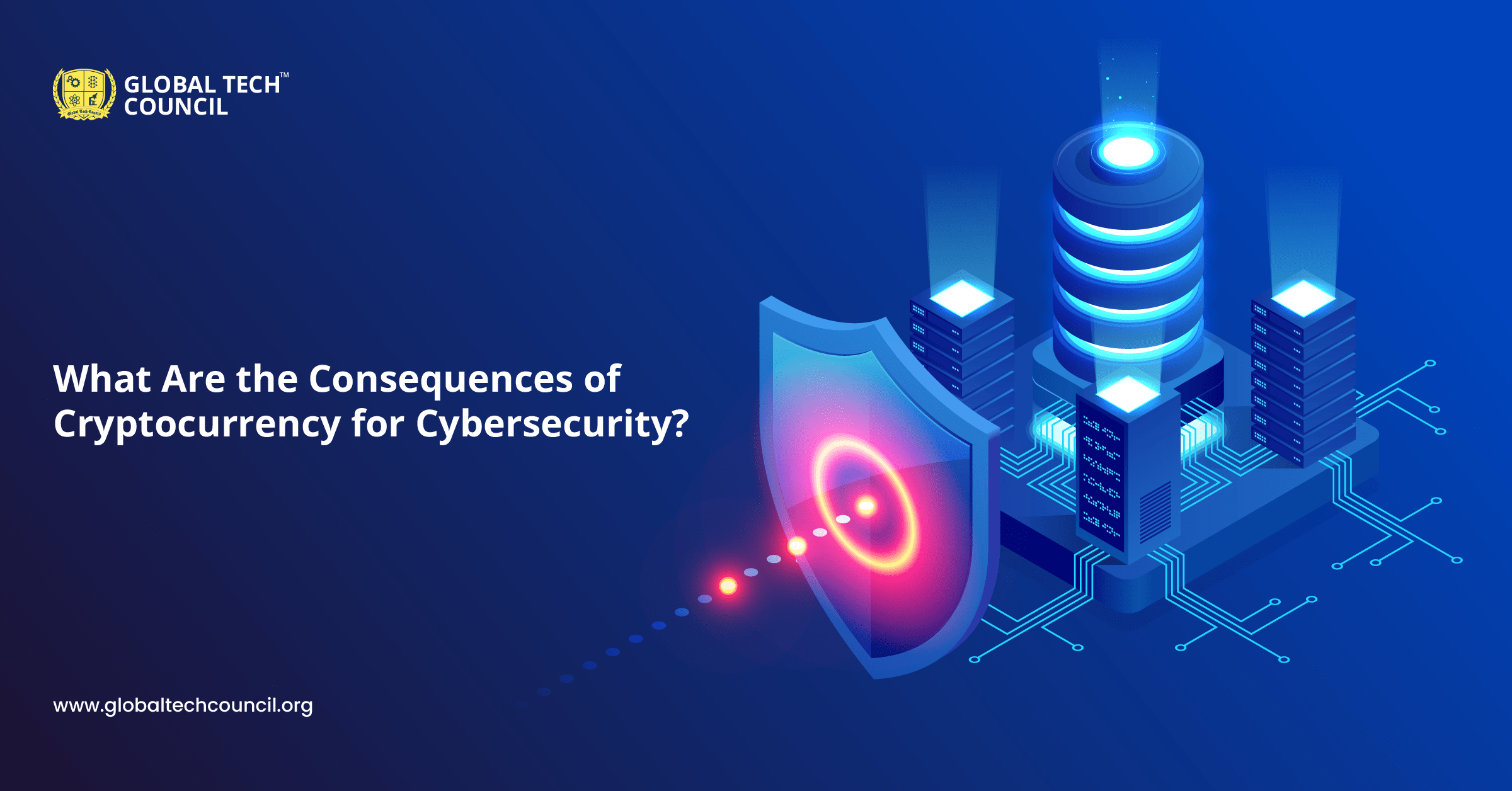
Increasing reliance on technology and the internet has led to new revenue streams and business models for organizations, but this has also created new opportunities for cyber attackers. Cyber-attacks have become more complex and targeted with the use of increasingly sophisticated pieces of malware and the threat of professional cyber organizations.
Cybercrime and cybersecurity raise hands in hands:
Cybercriminals are benefiting enormously from the decentralization of cryptocurrency. In the past, cryptocurrency has emerged as the popular means of exchange for ransomware victims due to the capability to hack cryptocurrency platforms and abscond with funds.
There is usually a thread that connects all ransomware incidents. If a cybercriminal asks for ransom in digital currency, their true identities can be concealed. As stated by Fulton may, when they exchange cryptocurrencies for traditional forms, they can easily convert them without being found.
Criminals increasingly use cryptocurrencies to hide their illicit activities from the authorities. In addition, they are excellent for launderating funds since cryptocurrencies are difficult to track. By implementing the right cybersecurity measures, you can be protected from attacks such as these in the future.
Cryptocurrency scams can threaten cybersecurity in many different ways. They are,
Investment Scams:
Investment scams, for instance, entice individuals with promises of growth and credible-looking charts and wording that appear to give the appearance that investments are flourishing. Nevertheless, when the victim attempts to withdraw their profits, he or she is asked to send more cryptocurrency and soon finds out they will not receive anything in return.
Giveaway Scams:
Scammers also use giveaway scams to attack cryptocurrency. They pose as well-known investors or even celebrities telling small investors they can help. Once the victim sends their crypto, it doesn’t grow; it’s transferred directly to the scammer.
Initial Coin Offering (ICO) Fraud:
Using malware or hacking cryptocurrency wallets, scammers have discovered ways to steal bitcoins. A common type of crypto scam is an initial coin offering scam, in which victims are led to believe that they are investing in a new cryptocurrency that turns out to be a fraud.
The majority of scammers promise big payouts and guaranteed returns or even free money in exchange for your information.
Research the company name as well as the cryptocurrencies they offer prior to making any big claims. Investing in a cryptocurrency requires extensive research, both on the company name and on the type of cryptocurrency being offered.
Let’s have a look at the good and bad impact of cryptocurrency and cybersecurity.
Cryptocurrencies and cybersecurity : the bad
Cryptocurrencies aren’t the only applications of blockchain technology, but they were the first successful implementations. Bitcoin was the first of this kind. Users were attracted to Bitcoin because it provided a secure, reliable, anonymous way to send money. And anonymity was the major pickpoint they opt for Bitcoin.
Law-abiding, honest citizens all over the world may seek anonymous financial transactions for perfectly valid reasons. You may prefer to remain anonymous for a variety of reasons, for example, if you’re well-off, you may not want others to know. But on the flip side, anonymity is valuable for illegal purposes as well.
Black market sites like Silk Road, which accepted Bitcoin payments only in its early years, have increasingly used cryptocurrencies as a form of payment in ransomware attacks. Having anonymity in these cases makes it very difficult to identify and prosecute the perpetrators. Cryptocurrencies also facilitate money laundering.
The anonymity of cryptocurrency is one of the reasons why exchanges are being forced to enact KYC policiesEven local bitcoins, a longtime haven for anonymous Bitcoin purchases, has recently implemented KYC as a means of verifying users’ identities or residency.
Many services currently exist for enhancing your cybersecurity and protecting your personal information, but they are not blockchain-based. These systems do have a drawback, however. Whenever you use a centralized service, it will be hosted on a specific server, making it a target for hackers and other ill-intentioned individuals.
Cryptocurrencies and cybersecurity: The Good
Observing the downsides mentioned above, you may notice something very important. They are actually cryptocurrencies and not blockchains .Decentralization, immutability, and transparency are three of the major benefits of blockchains for cybersecurity.
Decentralized systems are server less. All information is shared among all participants in the system. Participating nodes host the blockchain. It is possible to install new nodes at any time, but it requires downloading the entire ledger so that every node has the same information.
In addition to sharing information, the nodes make sure that the data is unchanged; intact (this is where immutability comes into play). No single server is used for the blockchain, so all the nodes constantly verify the information. For a hacker to change data in a blockchain, he or she would have to attack most of the nodes simultaneously. This is virtually impossible.
It also increases availability to distribute the data over many nodes. The number of readers trying to access data at the same time as new nodes come online reduces saturation because there are no single servers. Generally, blockchain transactions are public, so data on the chain isn’t encrypted.
Transparency can be either a benefit or a disadvantage like a flipcoin, depending on the circumstance.
A Bitcoin blockchain explorer, such as btc.com, allows you to see all transactions on that blockchain. The owner of these wallets is unknown. Perhaps it was a user sending his Bitcoin from a personal wallet to an exchange wallet.
While data isn’t usually encrypted, it can be.A number of blockchains offer the possibility of encrypting data, and apps are also able to encrypt data prior to storage. In this way, blockchains offer a reliable, secure, and hack-proof method for storing data. Let’s see how this can aid cybersecurity in several ways.
Global Tech Council provides handcrafted cybersecurity training online programmes where cybersecurity analysts and experts can receive cybersecurity certification in online mode of delivery.
Leave a Reply